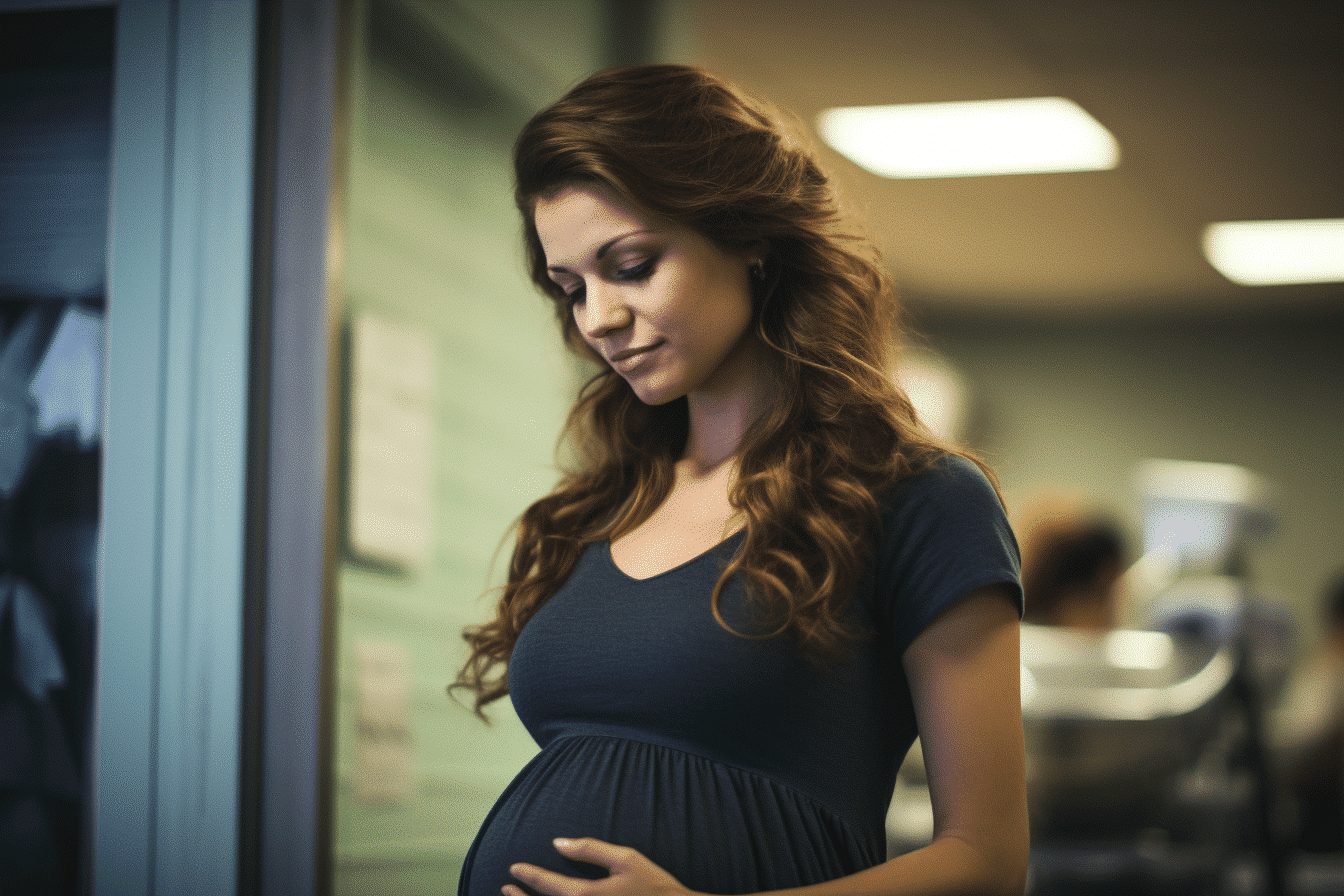Despite a lack of evidence supporting its effectiveness, patients suffering from endometriosis worldwide are still being advised to “treat” their condition by getting pregnant, according to a recent survey conducted by researchers from the University of Adelaide, the University of Sydney, and the charity EndoActive.
Endometriosis is a common condition, affecting roughly 10% of females of reproductive age, yet it often remains shrouded in misinformation and disbelief. The disease occurs when tissue similar to the lining of the uterus grows outside of it, leading to symptoms such as excruciating menstrual pain, chronic pelvic discomfort, painful intercourse, and gastrointestinal issues. Additionally, endometriosis can result in infertility, further complicating the lives of those affected.
The survey, which included responses from over 3,000 patients medically diagnosed with endometriosis, revealed that many individuals face delayed diagnoses, averaging over six years. While research into the condition has been expanding, there is currently no cure. Unfortunately, the latest findings demonstrate that patients, who may have waited years for a diagnosis, are sometimes offered medical advice lacking in supporting evidence.
Startlingly, over half of the surveyed patients (1,892 out of 3,347) disclosed that they had received recommendations to attempt pregnancy as a treatment for their endometriosis. Even more concerning, 36% of these individuals were told that pregnancy would cure their condition. What’s particularly noteworthy is that in 90% of these cases, healthcare professionals, predominantly gynecologists, provided the advice.
Despite the well-intentioned nature of this advice, it has the potential to adversely affect those who receive it. Pregnancy is not a proven treatment for endometriosis, and such advice can place undue stress and pressure on patients. While some respondents in the survey were already aware that pregnancy was not an evidence-based treatment for their condition, others felt it was inappropriate due to their age and health status.
One patient received the advice at the age of 13 and found it inappropriate. Another patient expressed that due to health concerns, they knew they wouldn’t be well enough to take care of a baby, especially since they could barely walk for more than half a month.
The advice negatively impacted the mental health of some individuals, resulting in an obsession with babies, pregnant women, and the fear of never being able to give birth to their own children, as revealed by one respondent.
Furthermore, the pressure to have children prematurely as a result of this advice strained relationships for some patients. One patient explained that it had a detrimental impact on their relationship, as they felt immense pressure to have children at a young age, and their partner couldn’t understand the intense conversation at such a young age.
To address these concerns, researchers are calling for enhanced education about endometriosis treatment among healthcare providers. While they acknowledge that fertility advice may be appropriate in some cases due to the condition’s impact on fertility, they emphasize that suggesting pregnancy as a treatment is not backed by scientific evidence and should be avoided.
So, the survey highlights the urgent need for improved awareness and understanding of endometriosis among healthcare professionals. It is essential to provide evidence-based guidance and support to individuals facing this challenging condition rather than promoting treatments lacking in scientific foundation.




